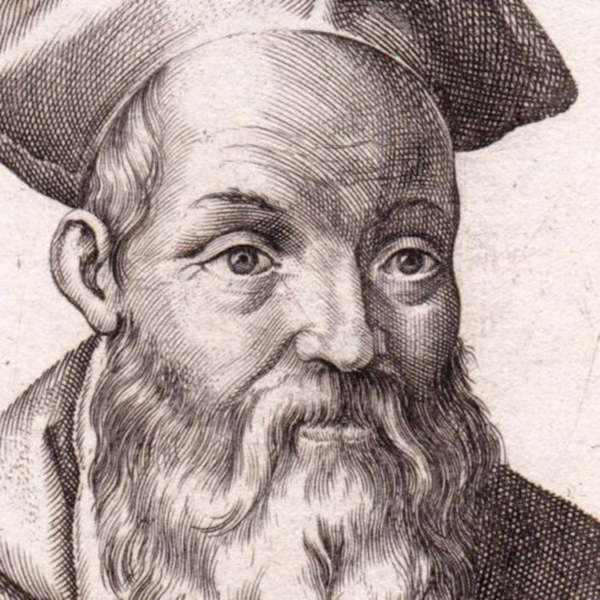A worthy recipient of British Academy funding Dr Jan Machielsen set off for Rome in April this year equipped with a laptop and access to his EMLO-Collect workspace. Once settled in the Biblioteca Apostolica Vaticana, he began to weave together listings of the correspondences of a number of hitherto neglected late-sixteenth-century Catholic scholars. The author of Martin Delrio: Demonology and Scholarship in the Counter-Reformation (Oxford, 2015), a study that positions the life and work of the Jesuit theologian (who was born in Antwerp in the midst of the Dutch Revolt) within the wider processes of Catholic Reform, Dr Machielsen is engaged at present on a related publication Making a Church Ever the Same: Catholicism between Rome and the Borderlands, c. 1550–1620’ (forthcoming). This new work will examine the Catholic intellectual geography of (and I use Dr Machielsen’s words) ‘the fragile borderlands and exile communities’ that played such a key role in Catholic Reform alongside those from the ‘traditional Mediterranean heartlands’.
The first of a number of correspondences collated in the course of this research—that of Guglielmo Sirleto (1514–1585)—has just been published in EMLO. Sirleto was prefect of the Vatican Library, and ultimately its cardinal librarian; he was an observer of proceedings at the Council of Trent. In his introduction to EMLO’s catalogue, Dr Machielsen recalls: ‘I had looked at Guglielmo Sirleto’s correspondence during the final stages of writing my first monograph on the Flemish-Spanish Jesuit Martin Delrio. I was struck, then, by the content and tone of letters by Netherlandish scholars such as Laevinus Torrentius, Jacobus Pamelius, and especially Willem Lindanus. Not only did they turn to Sirleto for help, they also regarded the Vatican Library as an arsenal to be employed against the heretics.’
A British Academy/Leverhulme Small Research Grant presented Dr Machielsen with the enviable (or, given the numbers of surviving manuscript letters, some might feel daunting) prospect of ten weeks in Rome to focus on Sirleto’s correspondence, together with those of a number of relevant key scholars, with an eye to piecing together the extent of their networks beyond the Italian peninsula. Although the large majority of Sirleto’s correspondents resided south of the Alps, many of the letters turned out to be exceptionally rich and, as he worked, Dr Machielsen posted abstracts of a number on Twitter (hashtag #PopishPost). With a number of catalogues collated while he was in Rome currently in preparation, updates regarding their publication will be posted on this blog.
And whilst considering invaluable British Academy funding, for those who might be interested but missed earlier announcements, it’s worth noting that Dr Esther van Raamsdonck, the Postdoctoral Research Associate working at present with the Cultures of Knowledge Networking Archives project, will be beginning shortly her own three years of British Academy funded research centred around John Milton and the Dutch Republic. The application deadline for Esther’s replacement at Queen Mary University London has passed, but the call for a second post-doctoral position, to be based at the University of Oxford under the guidance of Professor Howard Hotson, has just one more week to run and applications for this position should be received by 14 October. For further details see this earlier blog post, or visit the Networking Archives website.

